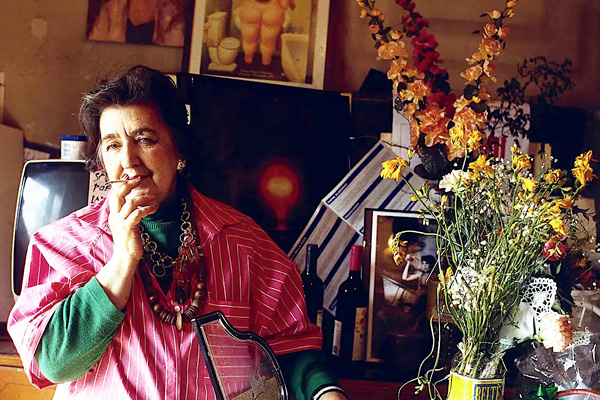WRITING THE LANGUAGE OF LOVE –
Aug. 5, 2022. – In 1965, her husband had her admitted to the Paolo Pini psychiatric hospital in Milan, and for years she found herself in and out of asylums, where patients often lived in harsh conditions.
The exact state of Merini’s mental health was never clear. As a teenager she was told she had hysterical blindness, now known as conversion disorder; later in life she was said to be schizophrenic. Those who knew her often relied on euphemisms: Emanuela wrote of her mother’s “ghosts”; her close friend and editor Marina Bignotti referred to the “shadows of her mind,” an expression frequently used by Merini herself. But her life did not come to a standstill during this period of institutionalization. She gave birth to two more daughters and continued to write with the encouragement of her doctor. But the course of her life was altered. “After that first internment, Mom was never the same,” Emanuela wrote in her book. Merini’s memory started to falter, most likely a result of the electroshock therapy she had received, and her three youngest daughters were sent away to be raised by others.
Merini won two coveted Italian literary awards, the Librex Montale in 1993 and the Viareggio Prize for poetry in 1996. In 2001, she was nominated for the Nobel Prize in Literature.



